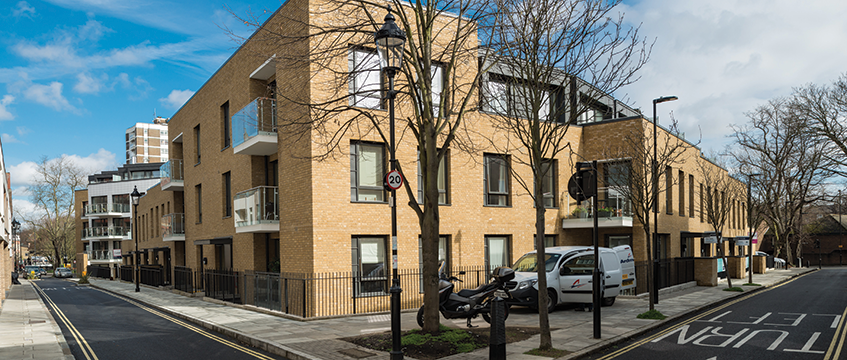Help to Buy’s £29bn does not help those in need
The government’s Help to Buy equity loan scheme will have cost £29bn by 2023 but has not helped the people most in need, according to a House of Commons review.
The Public Accounts Committee said the 10-year initiative has cost over eight times the original budget, mainly supporting buyers who did not require the finance.
The scheme allows buyers to purchase a new-build property of up to £600,000 in value with as little as 5% deposit. It provides 20% of the value of the home, or 40% in London, repayable after five years.
The government’s Help to Buy equity loan scheme will have cost £29bn by 2023 but has not helped the people most in need, according to a House of Commons review.
The Public Accounts Committee said the 10-year initiative has cost over eight times the original budget, mainly supporting buyers who did not require the finance.
The scheme allows buyers to purchase a new-build property of up to £600,000 in value with as little as 5% deposit. It provides 20% of the value of the home, or 40% in London, repayable after five years.
But the PAC said three-fifths of buyers that have received equity loans did not need this finance.
Help to Buy is the largest government housing initiative in terms of spend.
The committee said it has achieved its own aims to deliver home ownership, but at the cost of investment into wider issues in planning, affordable housing supply and rising homelessness.
PAC chair Meg Hillier MP said: “Help to Buy has certainly increased the supply of new homes and boosted the bottom line of house builders. But it has also tied up a large sum of money, forecast to be nearly £29 billion in cash terms by the time it concludes in 2023, making the value of what has been achieved uncertain.
“Help to Buy, as the department acknowledged, only benefits those in a position to buy their own house in the first place. It does not help make homes more affordable nor address other pressing housing problems in the sector such as the planning system of homelessness.”
The committee echoed the National Audit Office’s concerns that the initiative has exposed the government to market risk in terms of achieving a positive return on its investment.
It recommended that the Ministry of Housing, Communities and Local Government report to the committee in spring 2020 on impacts that it expects from changes to the scheme from 2021. The report also asked the department to explain how it is working with developers to plan the new scheme from 2021 “so that it addresses concerns about developers’ behaviour” and achieves value.
Developer and housebuilder access to Help to Buy has come under scrutiny in recent months. The scheme has bolstered sales and profits for major housebuilders, and fears over housing quality have led some contracts to be reviewed.
Help to Buy was extended for two years with a £7.2bn top-up in the 2018 Budget. At the time the treasury said: “The government does not intend to introduce a further Help to Buy equity loan scheme after 2023.”
To send feedback, e-mail emma.rosser@egi.co.uk or tweet @EmmaARosser or @estatesgazette











